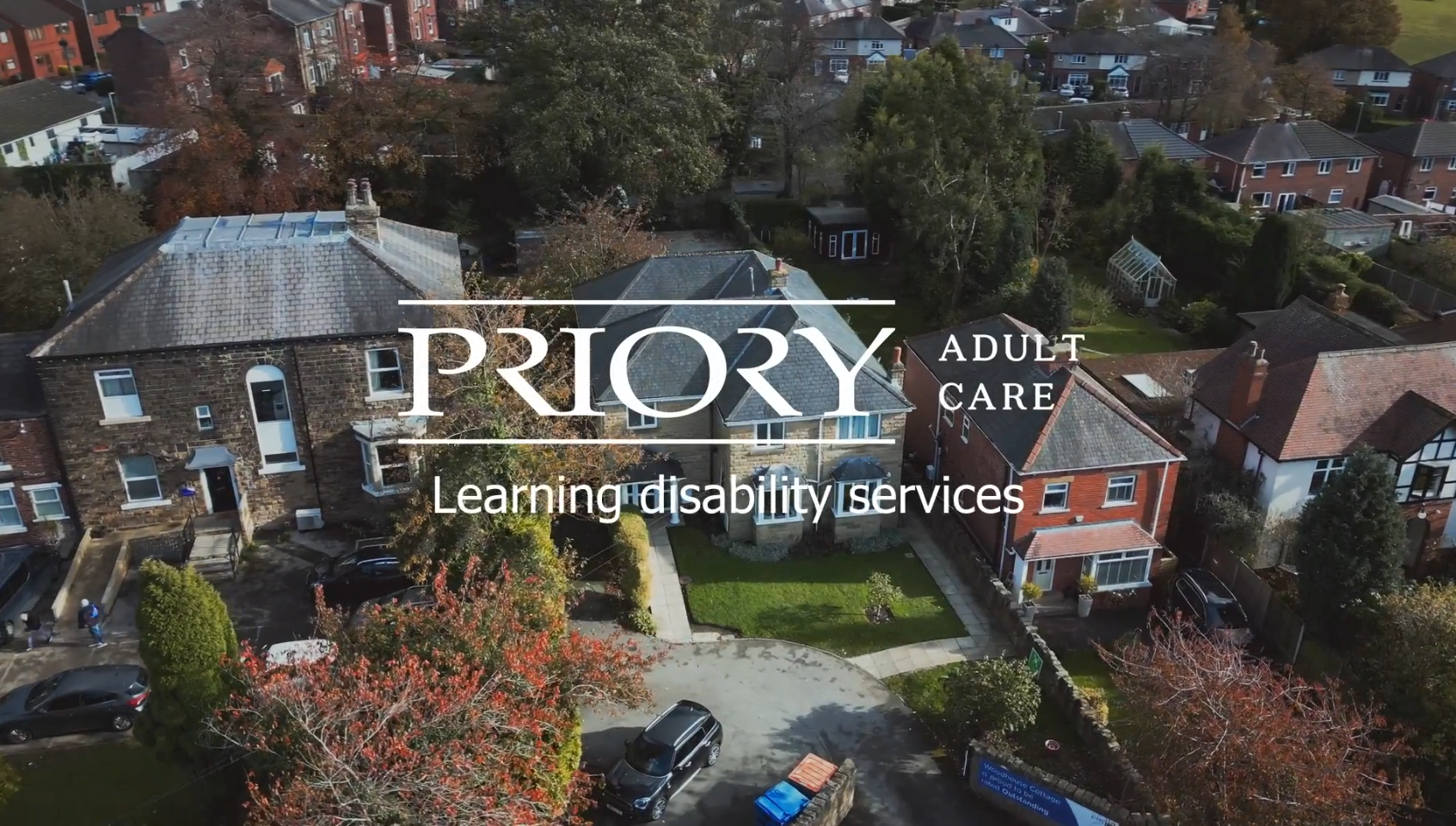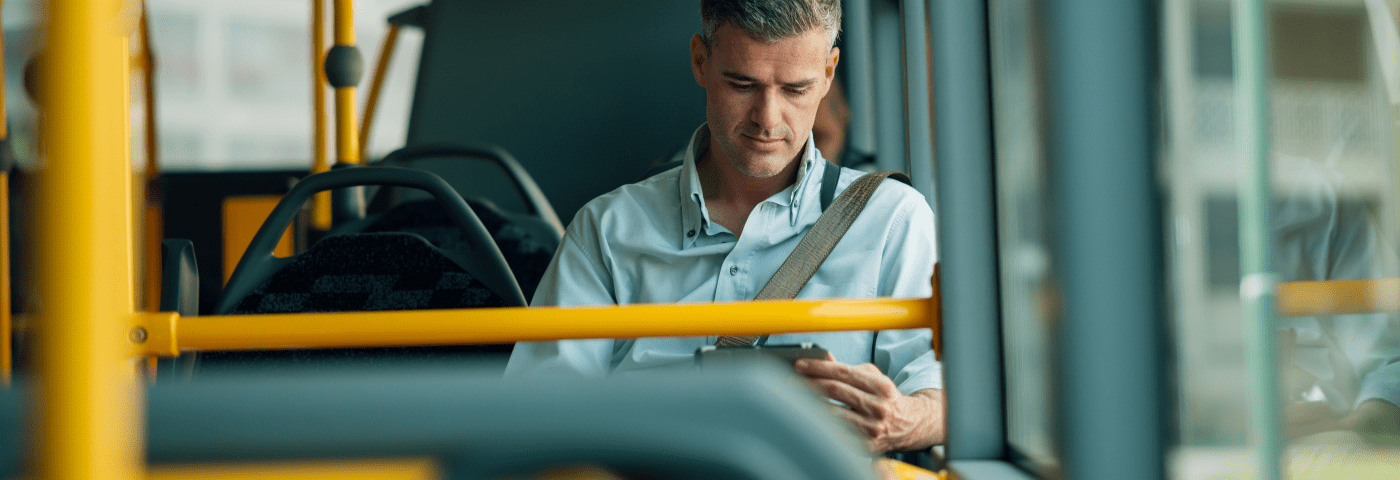About this location
Elm Tree House is located in the town of Keynsham, near to Bristol. We offer residential support for eight males and females who are autistic or have a learning disability, including people who are deaf. Our service is in a suburban area, close to the countryside.
We want to support the people we care for to be independent, to have an active life, and move back into the community where possible.
We can also support those who have:
- Difficulties with communication
- Mild to moderate behaviours that challenge
- Epilepsy
Services at a glance
Click here to enable this content
About our service
Our facilities and environment
The large detached, house has lots of space and offers a relaxed, homely environment. There are beautiful gardens surrounding the home.
There are eight bedrooms, which are light and airy. Two are on the ground floor, and there is also a wet room. On the first floor, there are six bedrooms and two communal bathrooms, one with a wet room and one with a shower.
Residents have access to other communal areas, including:
- A large lounge with plenty of seating
- Kitchen and dining room
- Utility room
- Communal bathroom
- Communal wet room
We also have a garden, complete with:
- Secure fencing
- Lawn
- Communal seating
We also have specialised equipment within the home, such as a lift. In addition, we have a minibus to help us to meet the needs of the people we support.
Our bedrooms
All of our bedrooms are comfortable, welcoming and can be personalised to individual tastes. Our bedrooms have robust, low arousal furniture.
Our approach to support
Everybody who lives at Elm Tree House has their own person-centred care plan, which is co-produced with input from the individual, their family members and professionals involved in their care. We aim to help everyone in our care to make their own choices about the support they receive. This may include support in a number of areas, such as going out in the community, personal care, cooking and cleaning, managing finances and maintaining family relationships.
Our support approaches at Elm Tree House include:
- Positive behaviour support (PBS)
- Occupational therapy
- Speech and language therapy
PBS is delivered in-house through a Priory practitioner, and we also have support from a local multidisciplinary team to offer additional services. In addition, we use tools such as the Outcomes Star™ to support our residents to achieve their goals.
The lengths of the placements that we offer at Elm Tree House can be medium or long-term residential, depending on the needs of each person.
Activities
Everyone who lives at Elm Tree House has their own personalised activities planner and are encouraged to take part in activities which are meaningful and fulfilling to them. Our dedicated team organise a variety of activities at the home, as well as out in the community. These include:
- Discos
- Parties
- Colouring
- Movie and popcorn nights
- Games nights
- Bingo
- Day trips
- Zoo
- Animal farm
- Cinemas
- Local clubs
- Swimming
- Picnics
We focus on supporting our residents to grow their independence. For some people, this may mean developing their daily living skills within the home. For others, this could be accessing work or educational opportunities in the local community.
Exclusion profile
- Those with forensic needs
Pathways
Through our network of healthcare, residential and supported living facilities, we provide unique care pathways which help the people we support to progress towards greater independence. Every individual we support is provided with a bespoke pathway plan, tailored according to their individual needs. We aim to ensure that each person is supported to live a fulfilling and active life in the community.
Our team
Our highly experienced team consists of:
- Service manager
- Deputy manager
- Support workers
- Senior support workers
- Maintenance person
Our team receive specialist staff training, designed to meet the needs of each individual we support. This includes:
- Makaton training
- Epilepsy awareness training
- Safeguarding training
- First aid training
- Fire marshal training
A message from our site leader

We are a supportive team who value and respect all the people we care for.
Elm Tree House’s site leader
Comments from our residents and their family and friends
Staff have helped me to really understand myself better and I now feel more independent
Family and friends FAQs
How does home leave work?
Home leave is arranged with the family, and we encourage family interaction and days out.
Can friends and families visit?
Family and friends are welcome to visit the home at any time at all as long as it does not clash with meal or activities times.
Will I be involved and kept up to date with the progress of my loved one’s care and support?
Yes, we encourage involvement with family, as much as they and the people we support wishes. We can arrange telephone catch-ups, or visits in-person.
Will my loved one be able to have a phone or call me?
Yes, residents are supported to call their loved ones any time, via phone or video call and family can call us too as long as its within reasonable hours.
What are the bedrooms like?
Bedrooms are all furnished, and residents are supported to personalise them to suit their needs and wishes. This might include painting the space a different colour, supporting people to bring personal items, or helping people pick new furnishings to buy.
Are external doors kept locked?
Yes, the external doors are keypad locked and some of our residents, dependant on their capacity and the outcome of a risk assessment, have access to the code.
What do residents eat and how do meal times work?
Residents are supported to choose what they wish to eat, when they want it, as part of promoting independence and learning about nutrition.
How does laundry work?
Residents are supported by staff to do their own laundry where able, as part of promoting independence.
Who does the housekeeping and domiciliary tasks?
Most of our residents undertake domiciliary tasks such as cleaning, and there is a rota in place to assign tasks. Our care team support them with these tasks, and task allocation is also discussed in our monthly resident meetings.
Is there anything they can’t bring or have?
We would ask that the people we support do not bring anything valuable. We may place restrictions on some items where the risks cannot be managed, such as lighters.
How do activities work?
Our activities include both in-house activities as well as visits into the community. Our in-house activities include discos, parties, colouring, movie and popcorn nights, games nights and Bingo. Our community-based activities include day trips to the zoo, parks, animal farm, cinemas, local clubs, swimming, drives, beaches, picnics, and other activities, of residents’ choice.
How will residents be supported with their behavioural needs?
Our team focus on really understanding the needs of the people we support, and working to meet them. We advocate for least restrictive practice, and require our care plans which include restrictions to be assessed frequently, for example procedures for interventions such as pro re nata (PRN) medication are regularly reviewed and removed, where possible.
Do residents and families have an input into the care plans?
Yes, we encourage families and extended support providers to be involved with the care plans, where in line with the resident’s wishes or best interests. We use a variety of communication tools to enable people to have an input into the support they receive.
What are the car parking facilities?
There is ample parking on the road outside our home.
What is the smoking policy?
We have a designated area in the back garden for residents to smoke or to vape.
What are your fees and how are they funded?
Our fees can vary and are based on an assessment of each individual's needs. Many people are eligible for financial help towards the cost of support, and this funding can be accessed by contacting your local authority. Once funding has been agreed, we will work with your local care team to put together a bespoke package of care. Please note, referrals for NHS or Local Authority funded services must come from a referring organisation.
How to make a referral
Our service provides high quality support to people with varying levels of need. Referrals can be made through the individual’s social care team or, if relevant, their local health authority. If you are a professional looking to make a referral, please call us or fill in our enquiry form.




